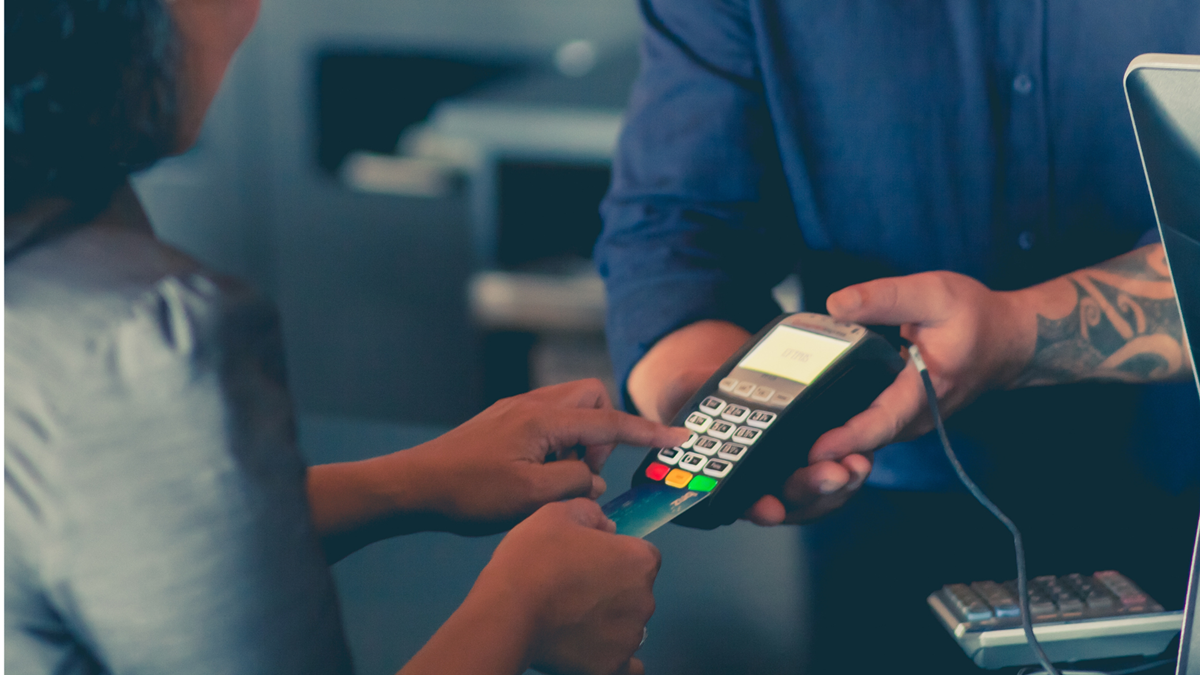Categories
Empowering choice – A new digital solution for disabled New Zealanders

The word volition, according to the Oxford Dictionary, means “the faculty or power of using one’s will”.
A groundbreaking new web app called Volition, launched in March, aims to revolutionise the way disabled New Zealanders make decisions about their daily lives.
Volition allows disabled people to record their preferences for how they want to receive support, acting as a digital preference bank. They can then share that information with service providers, agencies, medical practitioners, friends and families.

Volition founder Erika Butters says she has always been interested in the idea of personal agency and intentionality. She spent more than a decade working in the disability sector, which she says gave her a front-row seat to what was working and what wasn’t.
The Volition user, or decision maker, builds their own circle of support, which can include support workers and families and friends. The decision maker can invite these people to share insights and contribute.
The app takes a privacy-first approach, so decision makers can only share information they choose to, and what they do share is encrypted.
Volition’s development took 15 months and included several rounds of testing with decision makers, supporters and parents. Testers were recruited through People First and parent networks such as Complex Care Group.
The initial funding came from the J R McKenzie Trust and a crowd funding campaign run in June last year. Volition has since formed partnerships with disability support providers and is now looking for capital investment.
According to Erika it’s helpful to think of the preference records as being like songs and the different categories as different playlists.
“You can have many collections of preferences that you share for different purposes,” she says.
Preference records can also be captured in ways that make sense to the decision makers. They can use videos, audio or photos.
“For example, if a decision maker has a preferred laundry powder because they have sensitive skin, they could share a photo of it on the app and a supporter who assists with shopping could refer to it,” says Erika.
“We’ve tried to build it so it can serve people with a range of capacities. It can be used individually, collaboratively or by a support person on a disabled person’s behalf. It’s ultimately a tool for self-determination.”
While the app is initially being targeted to people in the disability community, Erika says it has immense value for anyone who has care and support needs, including the elderly.
Parents with adult children with disabilities have been particularly positive about the app, but there has also been overwhelmingly positive feedback from service providers and disabled people themselves.
“Volition will help me tell others what I want for my life and to know my life decisions,” says Vinnie Vaccarino, who has Down syndrome.
There are big plans for Volition’s future.
“Volition is a social enterprise for purpose and for profit,” says Erika. “Part of the reason we are for profit is that we want investment to take it around the world; and to do that we need an injection of capital. We want to empower three million everyday decision makers by 2035.”
Volition is a web-based app, which means you’ll find it on the internet as opposed to the app stores. It is downloadable – you can save it on your phone and use it offline.
Download Volition at www.volition.tools
Caption: (From left) Health and Disability Commission Principal Advisors Jonathan Warren and Esther Woodbury with Volition Advisory Board Member Siobhan Vaccarino

This story was published in Strong Voices. The magazine is posted free to all IHC members.
Download PDF of Strong Voices issue







